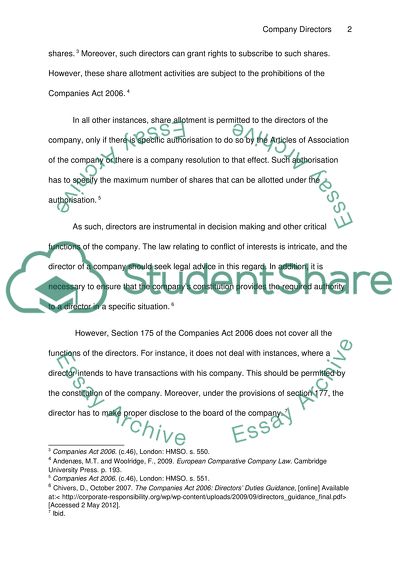Cite this document
(“Company law, study case Essay Example | Topics and Well Written Essays - 4750 words”, n.d.)
Retrieved from https://studentshare.org/law/1398370-company-law-study-case
Retrieved from https://studentshare.org/law/1398370-company-law-study-case
(Company Law, Study Case Essay Example | Topics and Well Written Essays - 4750 Words)
https://studentshare.org/law/1398370-company-law-study-case.
https://studentshare.org/law/1398370-company-law-study-case.
“Company Law, Study Case Essay Example | Topics and Well Written Essays - 4750 Words”, n.d. https://studentshare.org/law/1398370-company-law-study-case.


